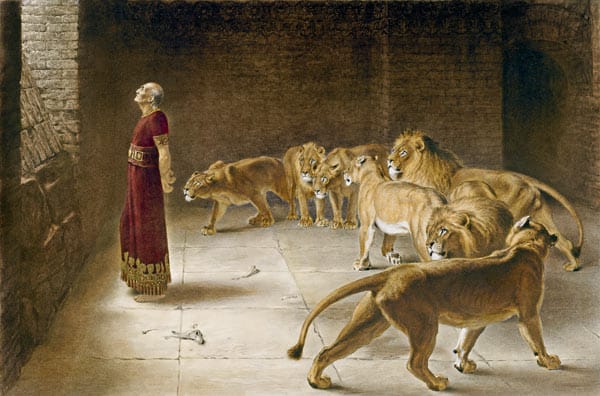At the tail end of the Zaccheus account in Luke 19, Jesus says something that has become very familiar words: The Son of Man came to seek and save the lost. Jesus Christ not only seeks after people, he saves them. And vice versa—he not only saves, but he is the one who seeks out recipients of his comprehensive salvation. Furthermore, earlier in Luke 5, Jesus had declared: I have not come to call the righteous, but sinners to repentance. So while these statements from Jesus have become hallmarks of the Christian faith, we can easily find ourselves turning them on their heads in our thinking. This can happen in at least a couple of ways: 1) We determine that certain individuals are too far gone for the power of Christ to overcome: “There’s been too many years in that pattern of sinful living or that commitment to false religion or false teaching. I just can’t imagine that person ever being saved.” But Christ says he seeks and saves the lost. In fact, it’s a person’s lost status which makes them eligible for Christ’s seeking and saving; 2) Secondly, we can turn Christ’s teaching on its head when we look at our pre-converted life with rose-colored glasses. Because of a Christian or moral upbringing, we weren’t, as the Bible says, in the bonds of iniquity and under the dominion of Satan. Sure we sinned, but we weren’t wicked to the core and opposed to God. So being more righteous than most, we were an easy choice for Christ to save. But Christ says he does not call the righteous to himself, but sinners. Those who simply want to add Christ’s righteousness to make up the deficiency in their own, are not qualified for Christ’s salvation. Only those who come to God in desperation for an outside righteousness to be granted to them by faith alone will be saved.
In Acts 16:16-18, we see the deliverance of a very unlikely individual; one who is in severe bondage, both in the spiritual realm and the physical realm. By directing the missionaries to the city of Philippi, this is an excellent example of Christ seeking out and saving the lost, especially one in such a desperate condition.

